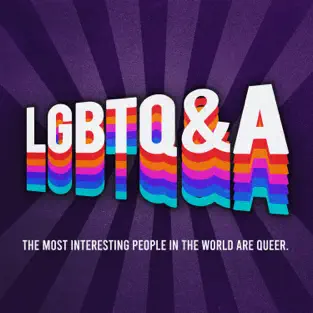 Furman University home page
Furman University home page
LGBTQ: MORE
Online Resources
Lesbian, Gay, Bisexual, and Transgender Studies Commons™
The Digital Commons Network brings together free, full-text scholarly articles from hundreds of universities and colleges worldwide. Curated by university librarians and their supporting institutions, the Network includes a growing collection of peer-reviewed journal articles, book chapters, dissertations, working papers, conference proceedings, and other original scholarly work.
LGBTQ Open Access™
LGBTQ & DIVERSITY Textbooks, Scholarly and Professional Publications
CDC Lesbian, Gay, Bisexual & Transgender Health
The perspectives and needs of LGBT people should be routinely considered in public health efforts to improve the overall health of every person and eliminate health disparities.
Stonewall Uprising Documentary
When police raided the Stonewall Inn, a popular gay bar in the Greenwich Village section of New York City on June 28, 1969, the street erupted into violent protests that lasted for the next six days. The Stonewall riots, as they came to be known, marked a major turning point in the modern gay civil rights movement in the United States and around the world.
Stonewall National Museum and Archives
The Stonewall National Museum & Archives promotes understanding through preserving and sharing the proud culture of lesbian, gay, bisexual and transgender people and their significant role in American society.
NYC LGBT Historic Sites Project
The NYC LGBT Historic Sites Project is a scholarly initiative and educational resource that officially began in August 2015. The goal of the project is to broaden people's knowledge of LGBT history beyond Stonewall and to place that history in a geographical context.
Digital Transgender Archive
The purpose of the Digital Transgender Archive (DTA) is to increase the accessibility of transgender history by providing an online hub for digitized historical materials, born-digital materials, and information on archival holdings throughout the world. Based in Worcester, Massachusetts at the College of the Holy Cross, the DTA is an international collaboration among more than fifty colleges, universities, nonprofit organizations, public libraries and private collections.
LGBTQ+ Studies Research Guide
Provided by the Library of Congress, these resources are freely available online, simply compiled by the LOC. The collections are not affiliated with the Library of Congress.








